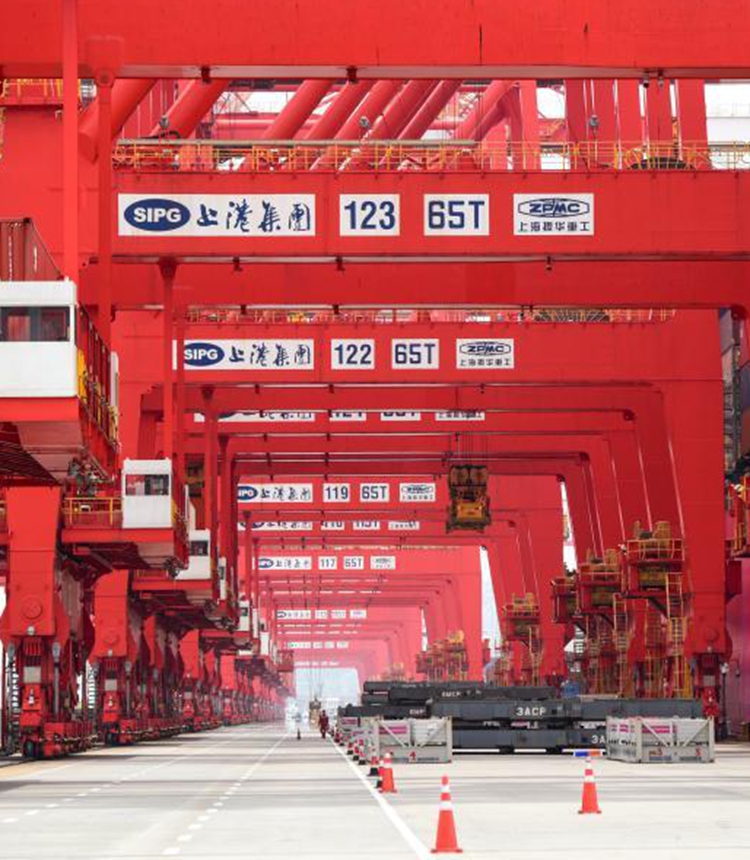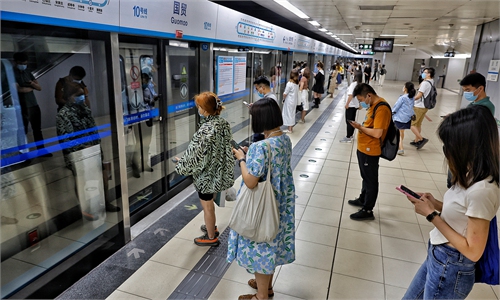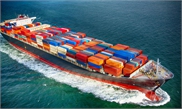Chinese immigration administration unveils measures to help foreign-related businesses

Cranes lift containers at Yangshan Port, the world's largest automation port, in East China's Shanghai, April 27, 2022. (Photo: China News Service/Tian Yuhao) About 25,000 staff members stick to their posts in Shanghai port to guarantee water transportation and improve logistics efficiency amid challenges caused by the recent resurgence of COVID-19 in Shanghai.
The National Immigration Administration (NIA) on Monday unveiled measures to facilitate production and operations for foreign-related businesses, in the latest push to steady and smooth supply chains and stabilize the foreign trade and investment landscape amid China's COVID-19 containment efforts.
Exit procedures for sea trials and delivery would be directly accessible to vessels performing international voyages that are newly built or finishing repairs. Containerships would be allowed to temporarily change ports in case of emergencies while passing through domestic ports, the state broadcaster reported, citing the NIA's new measures that were effective immediately.
The administration pledged to streamline entry-exit border inspection procedures for staffers with international transport firms who make frequent visits in and out of the country. Domestic firms would be granted easier access to passport document processing and outbound and inbound travel when they send employees abroad to participate in significant projects.
An improvement in customs clearance at local ports is also a highlight of the NIA measures, which entitle international freight ships to zero waiting time for arrivals at domestic ports and zero delays for departure from the ports.
Moreover, the administration vowed prioritized verification and rapid clearance for vehicles assigned to the cross-border transportation of medical supplies, agricultural products, energy and daily necessities, among other key items. Cargo units that stop at freight hub airports and don't leave the ports' restricted areas would be granted streamlined border inspection procedures as well.
On top of that, the administration has plans to make it easier for the review and approval of visa extension applications by foreigners who invest in China, start their businesses or do scientific research in the country.
Global Times



